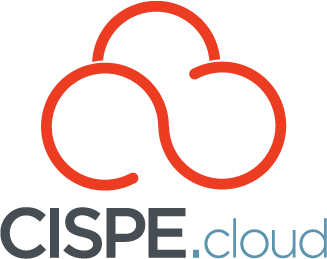In late June, CISPE responded to the European Commission’s Consultation on the White Paper titled ‘How to master Europe’s digital infrastructure needs?’. We are supportive of the EU’s Digital Decade targets and appreciate the Commission’s effort to gather stakeholder feedback on its vision.
However, we are concerned by some of the assumptions made in the White Paper’s analysis and the potential negative impact of certain proposals on Europe’s citizens, businesses and wider digital ecosystem arising from these. In our submission to the Commission CISPE has highlighted the main areas of concern below.
First of all, we disagree with the proposal to extend telecommunications regulations – including on access and dispute resolution – to cloud service providers and their infrastructure. The Commission has based its proposal on a fundamental misconception that cloud and telecom providers are ‘converging’. This is not the case as these two operate distinctly different business models and typically cooperate rather than compete. Moreover, such regulatory extension would create additional burdens, negatively affecting both cloud service providers and their customers, ultimately jeopardising the EU’s Digital Decade objectives, including the target of 75% of EU businesses using the cloud by 2030.
Secondly, we are concerned that the European Commission is still advocating for a ‘network levy’ mechanism, which has been comprehensively rejected by an overwhelming majority of stakeholders. This latest proposal risks disrupting well-functioning interconnection markets, which could in turn undermine the stability and health of the entire internet ecosystem. Given the strong opposition from various stakeholders, including non-incumbent telcos and BEREC, we believe it is time to abandon the idea of a network levy entirely. Although few persistent interconnection issues indeed exist, BEREC’s recent IP-IC Report clearly shows that these narrow issues could already be tackled under pre-existing EU rules without endangering the health of the entire digital ecosystem and the businesses and citizens that rely on it.
Thirdly, we regret that the White Paper’s analysis focuses mostly on incumbent telcos and their issues with large content providers, and overlooks the needs and issues of European SMEs. If the White Paper’s proposals do not adequately consider the impact on SMEs in the cloud and telco sectors, these businesses could face increased compliance costs and more red tape. This could hinder their ability to offer competitive and innovative products to compete with larger and better-resourced competitors. As a consequence, customers would face higher prices and reduced choice and be less likely to embrace new technologies. We call on the Commission to strengthen its focus on SMEs in its vision in order to protect the interests of small providers that represent the backbone of the EU economy.
We hope that our submission will help the Commission to review its analysis to better reflect market realities and adapt its proposals to ensure Europe’s 2030 Digital Decade goals become a reality. CISPE and our members stand ready to support the Commission to meet these goals.
